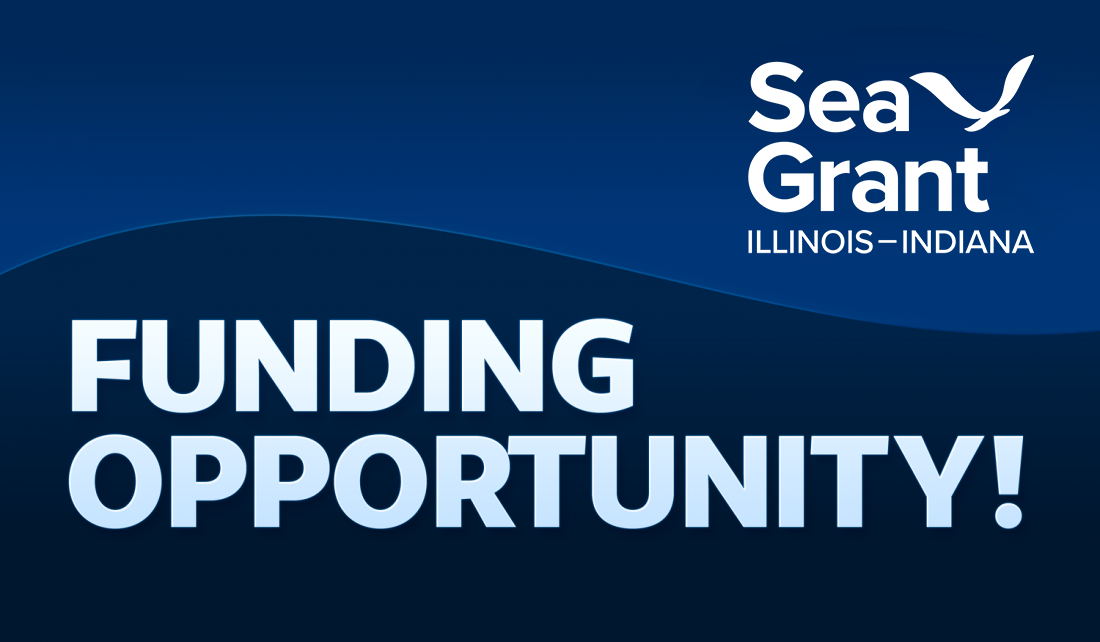
The Illinois-Indiana Sea Grant (IISG) Scholars program announces a new funding opportunity for graduate students interested in developing extension, education or communication capacities relating to their scholarly interests.
The program supports one of IISG’s long-term goals to build a community of researchers and outreach professionals with a focus on solving critically important Lake Michigan issues. IISG Scholar programs are designed to introduce researchers to these issues—as well as the people, organizations and communities most affected. The programs also help graduate student scholars amplify the potential impact of their own current and future research.
IISG expects to support 6-10 graduate student scholars in 2025. Graduate student applicants may request up to $10,000 to support research expenses, stipends, travel and more. Applications are due by April 9, 2025.
Read the full request for proposals for more information.
Research Focus Areas
IISG will consider any proposal that furthers its mission of empowering southern Lake Michigan communities to secure a healthy environment and economy. In 2025, the program is particularly interested in funding proposals with outcomes that support communities that historically have not had access to up-to-date scientific information.
Questions regarding eligibility or submission requirements may be directed to IISG Research Coordinator Carolyn Foley at cfoley@purdue.edu.
Illinois-Indiana Sea Grant is a partnership between NOAA, University of Illinois Extension, and Purdue University Forestry and Natural Resources, bringing science together with communities for solutions that work. Sea Grant is a network of 34 science, education and outreach programs located in every coastal and Great Lakes state, Lake Champlain, Puerto Rico and Guam.

